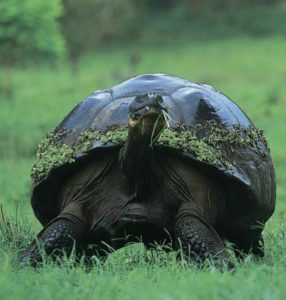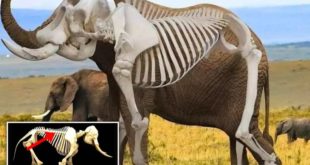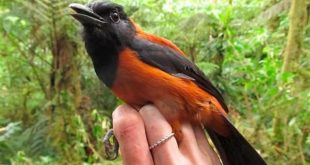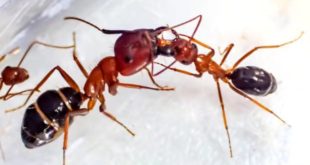Turtles possess a remarkable ability to defy the aging process, making them some of the longest-lived creatures on Earth. This exceptional longevity stems from their incredibly slow metabolic rate, which plays a crucial role in maintaining their bodies and internal organs in excellent condition throughout their lives.
Unlike most animals that succumb to the natural wear and tear associated with aging, turtles appear to be largely immune to the processes that typically lead to death from old age. Their slow metabolism allows them to conserve energy and reduce the rate of cellular damage, slowing down the aging process.
This unique characteristic has allowed turtles to live for decades, even centuries, with some species known to reach ages exceeding 100 years. Their longevity is a testament to their evolutionary adaptation, showcasing a remarkable ability to thrive over extended periods.
While their bodies are resilient to the ravages of time, turtles are still vulnerable to external factors that can lead to death. Injuries, diseases, and predation pose significant threats to their survival. However, their resistance to aging allows them to live long enough to experience numerous generations and contribute to the ecological balance of their environments.
The study of turtles offers valuable insights into the aging process. By understanding the mechanisms behind their exceptional longevity, scientists hope to unlock the secrets to extending human lifespan and improving human health. The turtle’s remarkable ability to age gracefully serves as a source of inspiration and a potential roadmap for future scientific advancements in the field of aging research.

 Pazionmedia.com Pazion Media l Latest News l Politics l Sports l Entertainment
Pazionmedia.com Pazion Media l Latest News l Politics l Sports l Entertainment



